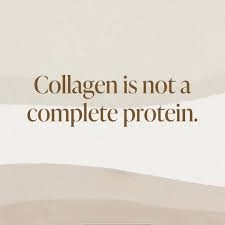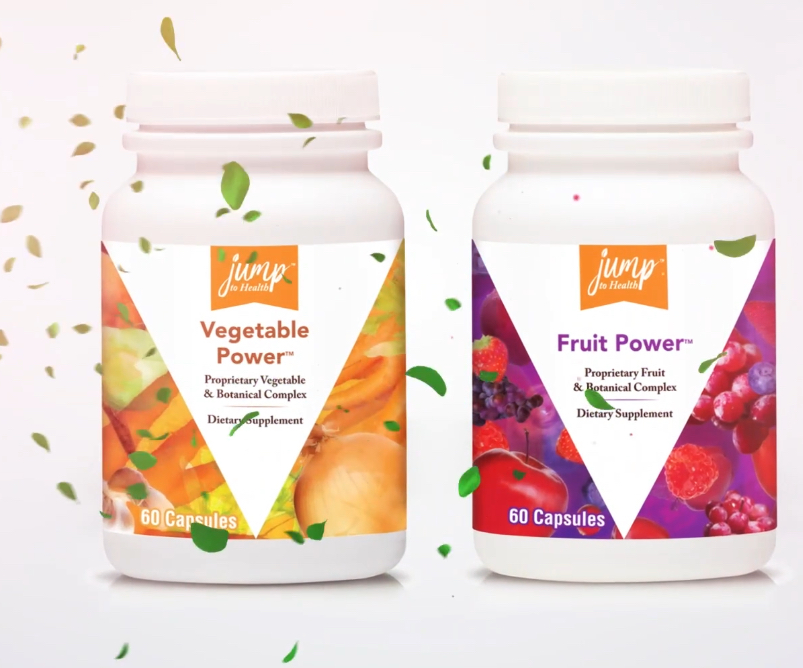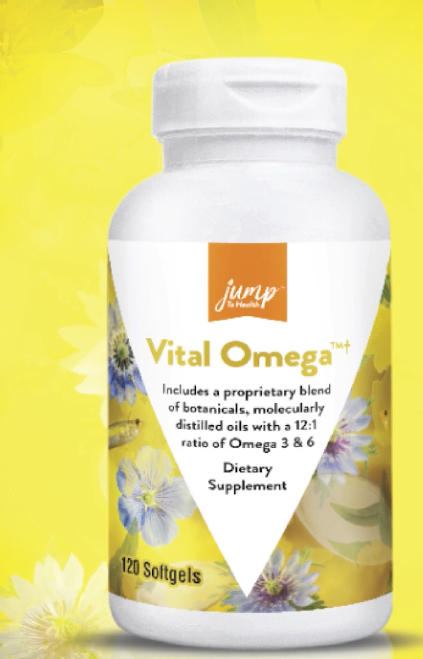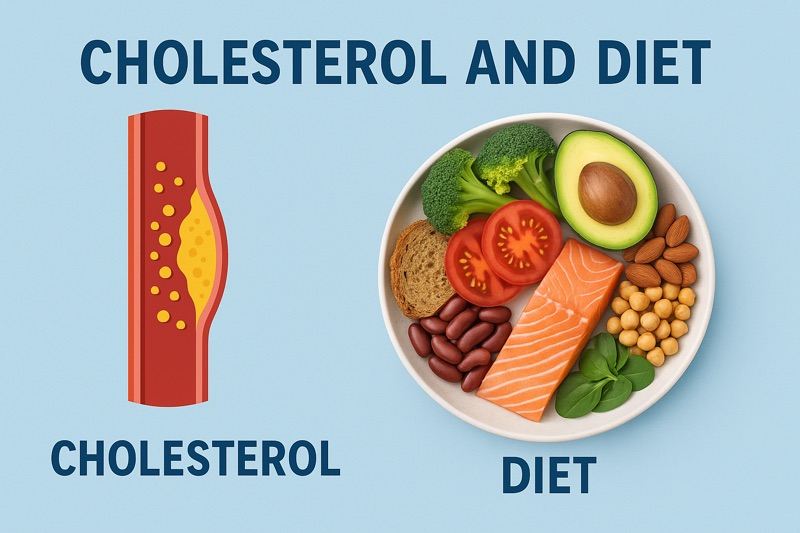Collagen –
There are many types, but unfortunately collagen is not a complete protein. There are now 'warning' labels required on collagen (you can see those on products like Vital Proteins) as they are not going to build lean muscle To date, there’s been minimal research on the direct link between collagen supplements and weight loss. Most studies are small, outdated, or involve animals.

Collagen might not help with muscle growth as much as other proteins, but it can still be a valuable part of a muscle-building regimen. Collagen only makes up about 1–10% of muscle protein, and it doesn't contain BCAA and tryptophan, which are found in whey protein and are linked to improved body composition and satiety. However, collagen supplements can help boost collagen synthesis, which can help with connective tissue growth, such as tendons. Collagen can also help repair and strengthen connective tissues after exercise – though there is not a lot of science on collagen, and many sources show little to no benefit.
There are about 26 types of collagen - and depending on the type, it may help with joints, or skin/hair/nails. The three main types of collagen used for supplements are Type I, II and III.
Type I Collagen - 100% found in Marine (fish) Collagen and also present in smaller amounts in Porcine (pig) Collagen and some forms of Bovine (cattle) Collagen.
Type I makes up 75-90% of the collagen found in your skin, hair, nails, organs, bone, ligaments.
For skin and beauty applications Type I Collagen is considered to be the best. Dermatology research with oral supplementation of collagen has shown that when Type I (overall body) Collagen is increased, there are visible results in the appearance of skin.
Type II Collagen - Chicken Collagen and Bovine Collagen if from cartilage.
Type II Collagen makes up the fluids and function of the cartilage and joints. Its main supplemental purpose is for the treatment of joint pain and arthritic conditions, as well as for a dietary protein source. Type II Collagen makes up 10% of the total collagen in the body and 50-60% of the protein found specifically in our cartilage.
Type III Collagen - Found with Type I in Porcine (pig) Collagen and Bovine (cattle) Collagen if from bovine hide.
Type III Collagen is the second most abundant collagen in tissues; most commonly in tissues with elastic properties such as skin, lungs, intestinal walls and walls of blood vessels.
It’s also found in fibrous protein in bone, cartilage, dentin (a strengthening coating on teeth), tendons, and other connective tissues.
The pros and cons of the different sources of these types of collagen
Marine Collagen (fish)
PROS: Marine Collagen peptides are considered to be superior at increasing overall body collagen (Type 1) and supporting skin, hair, nail, and bone quality.
Marine Collagen is absorbed up to 1.5 times more efficiently into the body, meaning it has superior bioavailability over bovine or porcine collagen. Because of it's low molecular weight it’s absorbed more easily and enters the bloodstream more rapidly.
Marine Collagen peptides have gained popularity in nutraceutical products due to their similarity to the human collagen structure.
CONS: Marine Collagen peptides are generally more expensive.
Not suitable for those that have an allergy to fish
Bovine Collagen (cattle) PROS: Bovine collagen peptides are generally easier to source, and are incorporated into a wide variety of collagen supplements, largely due to the high accessibility of bovine materials.
Because Bovine Collagen contains Type III and some Type I Collagen (unless from cartilage making it Type II), it can be effective for support of skin, hair and nails.
Bovine collagen from cartilage can be highly effective for joint pain and recovery.
CONS: Not considered as effective as Marine Collagen peptides in raising overall body collagen levels for skin, hair and nails. Should always be from free-range, grass-fed, hormone-free cows. This can make it more expensive too.
Porcine (pig) Collagen PROS: Porcine Collagen peptides are usually lower cost, and are incorporated into a wide variety of collagen supplements, largely due to the high accessibility of porcine materials.
Like Bovine Collagen, Porcine Collagen contains Type III and some Type I collagen, so it can be effective for support of hair, skin and nails.
CONS: Not considered as effective as Marine Collagen peptides in raising overall body collagen levels.
Not thought to be as easily absorbed as Marine Collagen.
Should always come from free-range, hormone-free pig material, which will make it more expensive too.
Chicken/Bovine Collagen (if from cartilage) Type II collagen PROS: Chicken collagen peptides are considered to be most effective for supporting cartilage in the body.
Studied for its role in supporting mobility issues, and reducing pain associated with arthritic conditions.
CONS: Not considered an ingredient for reducing the visible effects of ageing in skin.
The use of collagen supplements has been well studied, and continues to be studied as the rise in popularity of products containing collagen grows.
Jump to Health Core and V Pro Shakes https://www.fluid.app/s/aa95ed

Fruit and Vegtable https://www.fluid.app/s/942f1a

Omega https://www.fluid.app/s/dae5c7

Return Home http://www.livelife-now.com

No comments:
Post a Comment